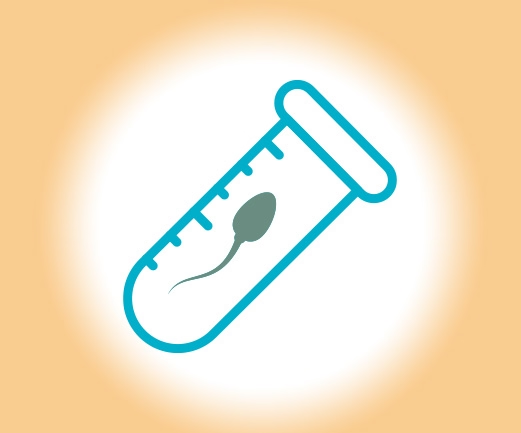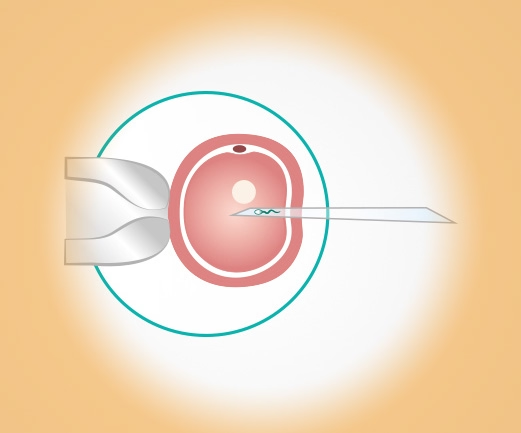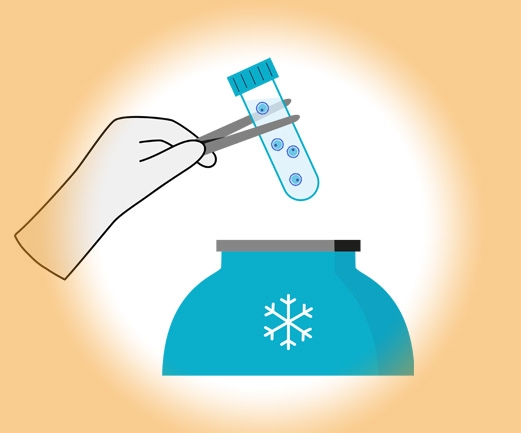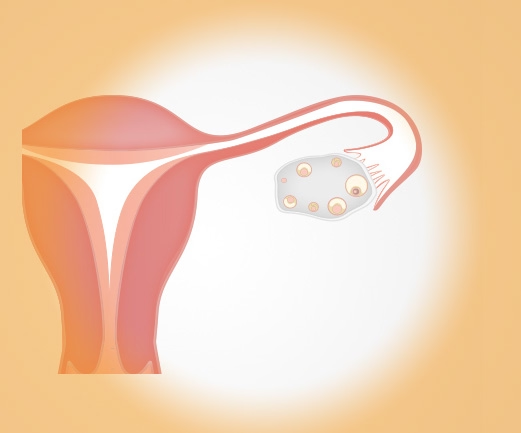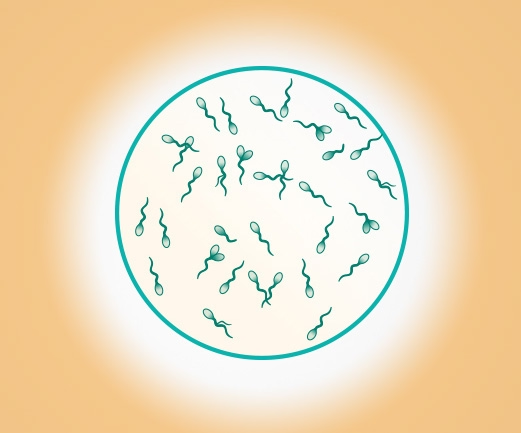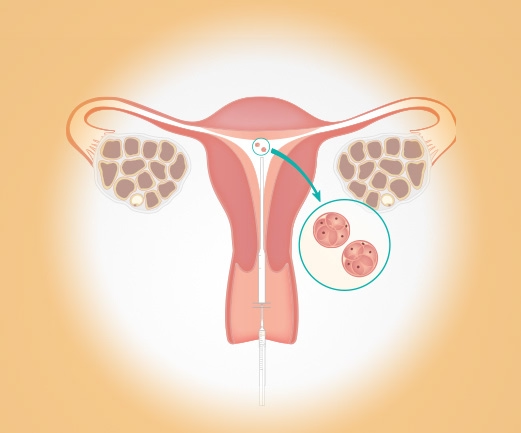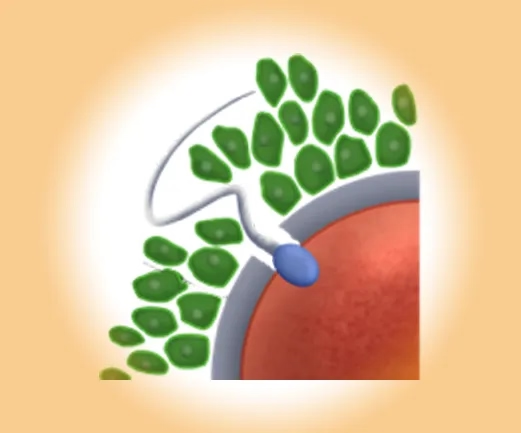Fertility Medications: How They Work and When They Help
Medical guidance, compassionate support – navigating your treatment options with clarity
Facing infertility can be overwhelming. But today’s reproductive medicine offers targeted, effective solutions to improve the chances of pregnancy. Fertility medications play a central role in many treatments – whether to trigger ovulation, support egg development, or regulate hormones. In this guide, you’ll learn about the main fertility drugs, how they work, when they’re used, and what to expect throughout the process.
Why Are Fertility Medications Used?
Supporting the body when natural processes are disrupted
Ovulation, hormone balance, and healthy follicle development are essential for conception. When these processes are impaired, medications can offer gentle, targeted support.
Common indications for fertility medications:
- Irregular or absent ovulation
- Hormonal imbalance (e.g., PCOS)
- Preparing for IUI, IVF, or ICSI
- Supporting the luteal phase after egg retrieval
First-Line Options: Clomiphene & Letrozole
When oral medications are the first step
Clomiphene and Letrozole are often prescribed for women with cycle irregularities or unexplained anovulation. They’re typically the starting point in fertility therapy.
How they work:
- Clomiphene blocks estrogen receptors in the brain, prompting the release of FSH
- Letrozole is an aromatase inhibitor that lowers estrogen, indirectly increasing FSH levels
- Both stimulate ovarian follicles to mature and prepare for ovulation
Treatment plan:
- Oral tablets taken for 5 days (usually starting on cycle day 3–5)
- Requires ultrasound monitoring to assess follicular response
Benefits:
- Easy to use
- Well tolerated
- Especially effective for women under 35 with ovulatory dysfunction
Gonadotropins: Injectable Hormonal Support
When oral therapy isn’t enough
Gonadotropins are injectable medications containing FSH and/or LH – key hormones for follicle development and ovulation.
Main types:
- FSH-only preparations (e.g., Gonal-f®, Puregon®, Bemfola®, Ovaleap)
- hMG (human menopausal gonadotropin) – contains both FSH and LH
- hCG (human chorionic gonadotropin) – used to trigger ovulation at the right time
When are gonadotropins used?
- When Clomiphene or Letrozole are not effective
- During controlled ovarian stimulation for IVF or ICSI
Benefits:
- Precise dosing
- Responsive to monitoring
- Effective even in more complex fertility cases
Medications That Support Egg Maturation
Boosting follicle growth through tailored hormonal support
Fertility specialists choose medications based on your hormonal profile, medical history, and treatment goals.
Overview of common stimulants:
- Oral agents: Clomiphene, Letrozole
- Injectables: FSH (e.g., Gonal-f®, Puregon®), hMG (e.g., Menogon®, Merional®)
Triggering Ovulation: Medications for Timing and Control
Why triggering ovulation matters in fertility treatment
Sometimes ovulation needs to be precisely scheduled—especially during IVF or timed insemination.
Key ovulation trigger agents:
- hCG (e.g., Ovitrelle®, Brevactid): mimics the body’s LH surge
- GnRH agonists (e.g., Triptorelin): used in select protocols, especially when reducing OHSS risk
Application:
- Single injection 24–36 hours before planned egg retrieval or timed intercourse
- Requires exact timing under clinical supervision
Medications During IVF or ICSI Cycles
Hormonal treatment is essential to prepare and support IVF
Fertility medications are not optional in IVF—they’re central to controlling and optimizing the cycle.
What the medication protocol looks like:
- Ovarian stimulation: FSH or hMG for multiple follicle growth
- Preventing premature ovulation: GnRH antagonists or agonists
- Triggering egg maturation: hCG injection
- Luteal phase support: Progesterone (e.g., oral, vaginal, or injectable) to support implantation
Personalizing Fertility Medication Plans
Why one-size-fits-all doesn’t apply in reproductive medicine
Every woman’s hormonal balance, ovarian reserve, and previous response to treatment are unique. At Kinderwunschzentrum Dresden, we tailor every medication plan to your individual profile.
- Based on hormone testing (AMH, FSH, estradiol)
- Cycle monitored with ultrasound and labs
- Adjusted in real-time for optimal response and safety
Side Effects and Risks: What You Should Know
Fertility medications are safe—but monitoring matters
Most patients tolerate fertility drugs well. Still, side effects can occur:
- Hot flashes, mood swings
- Bloating, pelvic discomfort
- Rare: Ovarian Hyperstimulation Syndrome (OHSS), especially with injectables
At Kinderwunschzentrum Dresden, we closely monitor your cycle and adjust dosages as needed to minimize risk and discomfort.
FAQ – Frequently Asked Questions
Which fertility medications are commonly used?
Clomiphene, Letrozole, FSH and hMG injectables, hCG, and progesterone are most frequently prescribed—depending on your individual diagnosis.
What’s the difference between Clomiphene and Gonadotropins?
Clomiphene is taken orally and works indirectly. Gonadotropins are injected and directly stimulate the ovaries.
How is ovulation triggered with medication?
Typically with an hCG injection when the lead follicle reaches the right size—ovulation follows 36 hours later.
What medications are used during IVF?
FSH (stimulation), GnRH (cycle control), hCG (trigger), and progesterone (luteal support) are standard components of IVF protocols.
Are there natural alternatives to fertility medications?
Some couples explore supplements or herbal support, but these cannot replace medical treatment when hormonal issues are diagnosed.
Curious which medications may help you conceive—or how a tailored treatment plan would look for you?
At Kinderwunschzentrum Dresden, we combine expert diagnostics with a personalized and supportive approach to fertility care.
👉 Book a confidential video consultation now – convenient and secure via Doctolib.
Dresden Fertility Center
in the Wöhrl Plaza
Prager Str. 8a
01069 Dresden
Phone +49 351 501 400-0
Fax +49 351 501 400-28
Email:
Instagram Arrange your first appointment NEW: Video consultation! Downloads Impressions
Cryobank in the Kinderwunschzentrum Dresden
Prager Str. 8a
01069 Dresden
Tel. 0351 50140019
E-Mail:
| Office hours | |
|---|---|
| Mon., Wed., Thu. | 08.00 – 19.00 Hrs |
| Tue. | 08.00 – 13.00 Hrs and 14.30 – 19.00 Hrs |
| Fri. | 08.00 – 14.00 Hrs |
Availability by telephone |
|
| Mon., Wed. | 08.00 – 13.00 Hrs and 14.30 – 18.00 Hrs |
| Tue., Thu., Fri. | 08.00 – 13.00 Hrs |
Blood sampling |
|
| Mon. - Thu. | 08.00 – 17.30 Hrs |
| Fri. | 08.00 – 13.30 Hrs |
On Tuesdays the clinic is closed from 13.00 to 14.30 Hrs! |
|
Service at the Fertility Center Dresden

To the planned child





